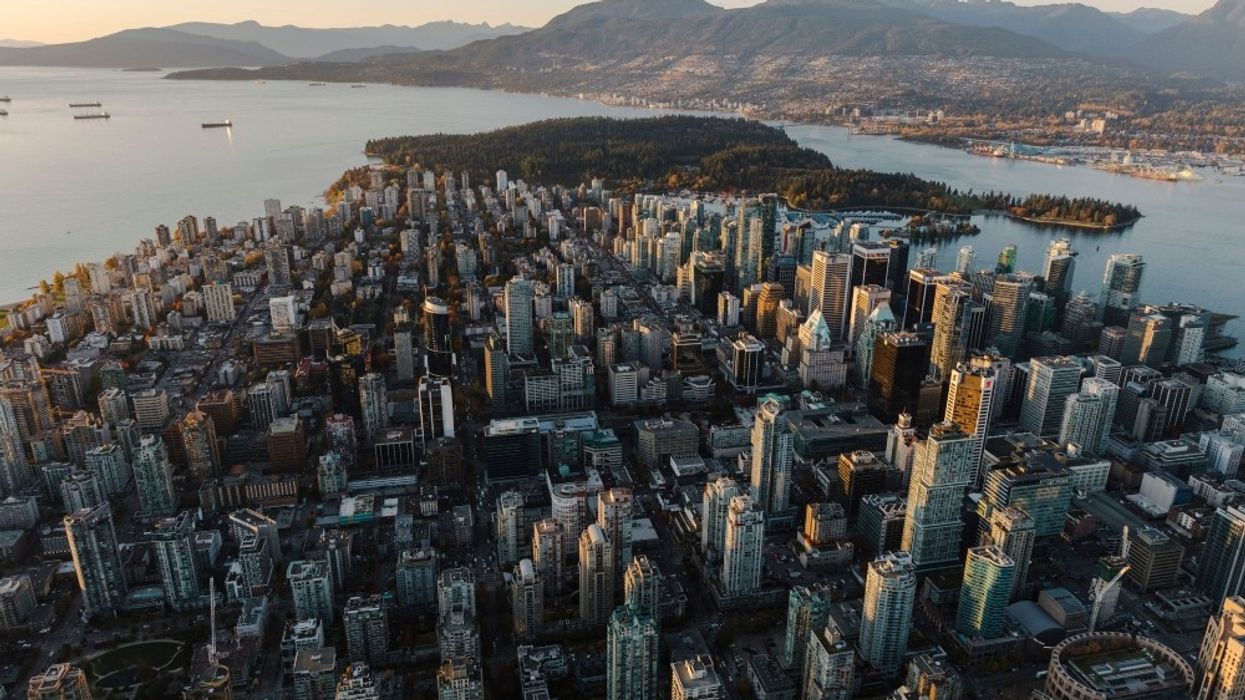A new poll conducted by the Angus Reid Institute, a non-profit research organization, found that there is quite a bit of interest among Metro Vancouver residents in the idea of neighbouring municipalities merging.
A total of 1,376 Metro Vancouver residents were polled, including 100 in the Tri-Cities, 460 in Vancouver, 114 in North Vancouver and West Vancouver, 330 in Langley and Surrey, and 138 in Burnaby. Residents of those municipalities were only asked about potential mergers involving their own municipality.
The municipality that showed the strongest support for a merger was North Vancouver and West Vancouver, where 48% of respondents were in favor of the two merging.
Second was the Tri-Cities, where 41% of residents were in favor of merging, which likely does not come as a surprise considering there is already a formal group name for the Coquitlam-Port Coquitlam-Port Moody trio.
Third was that of Surrey and Langley, where 27% of residents said they would support merging, a connection that Metro Vancouver infrastructure is already trying to make with the Surrey-Langley SkyTrain Extension.
Last was the possible merger of the City of Vancouver and Burnaby. Only 22% of Vancouver residents and 17% of Burnaby residents supported the idea.
Out of the 1,376 Metro Vancouver residents polled, 31% said no municipalities should merge, and 19% said they weren't sure, meaning 50% supported a merger in one way or another.
Metro Vancouver consists of 21 municipalities, and 8% of respondents said they would support a merger of the entire region.
Municipal Politics
All of this is in the context of the municipal elections that took place in October, with the questions posed to respondents specifically saying the merger would allow them to vote for a single mayor and city council.
Unlike in other parts of Canada, such as Toronto, where six municipalities merged in 1998, Metro Vancouver still consists of separate municipalities.
This is a possible explanation why voter turnout in BC has been drastically lower for municipal elections than it's been for provincial and federal elections. The 2019 and 2021 federal elections saw a 76% and 75% turnout in the province, respectively; the 2020 provincial election saw a 55% turnout; while the 2018 municipal elections saw just 36%.
This time around, at the municipal level, only about 30% of residents voted in October's municipal elections.
This is despite the City of Vancouver seeing an all-time record of 11 parties running candidates this year, with a total of 15 candidates running for mayor (many as independents). Meanwhile, in Burnaby -- not exactly a small municipality -- not a single person ran against incumbent mayor Mike Hurley and he retained his seat without his name having to be on the ballot, one of 37 municipalities in the province where that happened.
Merging some neighbouring municipalities, the hope is, could potentially close gaps like this and make municipal politics feel bigger and more important.
One reason mergers could potentially work is because many municipalities are facing the same overarching issues, such as housing shortages, affordability issues, and rising crime rates, as evident in the fact that Metro Vancouver has committees dedicated to these issues -- and many others -- that consist of mayors and councillors from various municipalities.
The Angus Reid Institute polled the same 1,376 respondents on the top issues facing their own municipalities as well as Metro Vancouver as a whole, and housing supply and affordability was the top issue across all the aforementioned municipal groups and Metro Vancouver as a whole. Homelessness and poverty came second in most municipalities, and crime and safety was third.
Different municipalities have their own subtle differences as it relates to those top issues -- that's why municipalities are required to conduct their own housing needs report -- but the same can be true from neighbourhood to neighbourhood within the same municipality.
Of course, this is not the first time the idea of redrawing political borders has been broached in BC. Around the 2019 federal election, conversations of "Wexit" -- inspired by Brexit -- arose, which would've seen a chunk of western Canada -- from Manitoba to eastern BC -- unite, after the region voted overwhelming Conservative, won the popular vote, but were still unable to form government.
British Columbians have also felt a strong connection with those south of the border, with polls finding that many residents identify with those in Seattle and Portland more so than those in Toronto and Montreal. Unlike Wexit, however, concrete actions have already come out of this affinity, such as with the Belleville Ferry Terminal, which is being redeveloped, as well as the Cascadia High-Speed Rail, which is currently amidst the study phase.





















